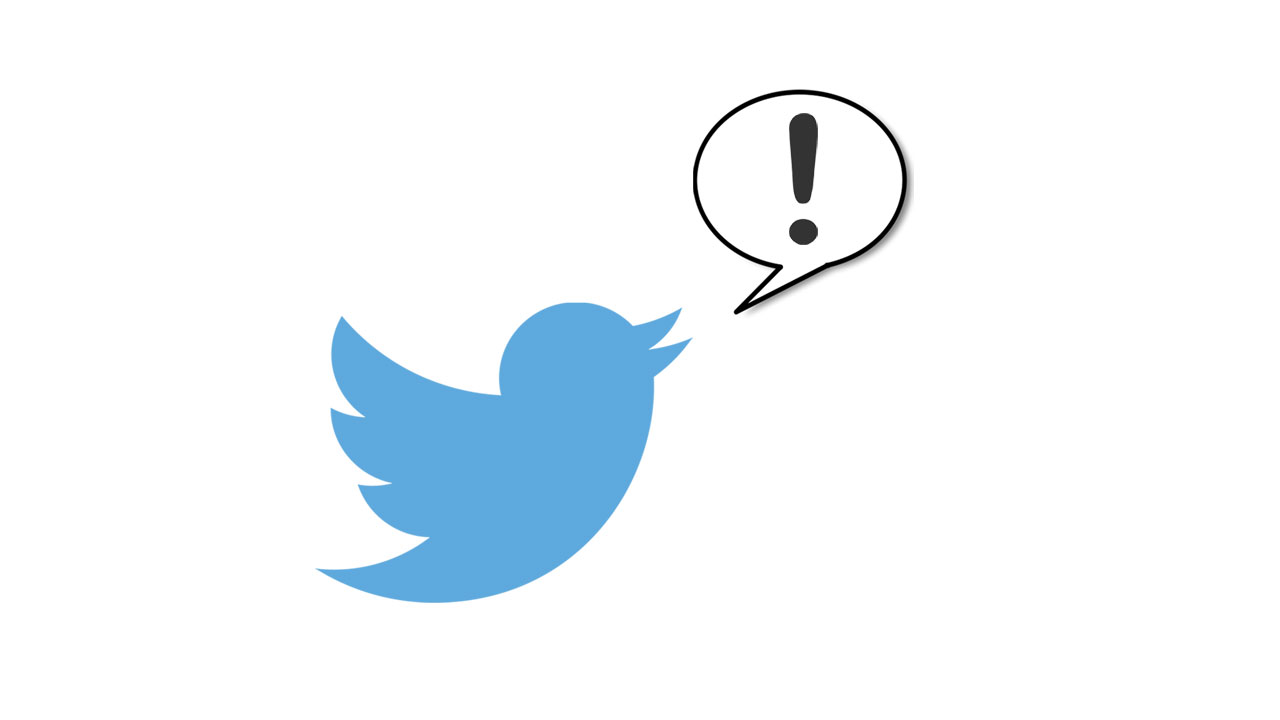A new survey from Pew Research Center and Rutger’s University shows that social media use makes people less likely to voice opinions they think are different than those held by their friends. This uneasiness even extends to the offline world, where participants who used social media consistently were less likely to voice dissenting views, if they believed their opinion was in the minority. As many have claimed, it appears the internet is homogenizing rather than diversifying our circle of peers. “People who use social media are finding new ways to engage politically, but there’s a big difference between political participation and deliberation,” Keith N. Hampton, one of the authors of the study, told the New York Times. “People are less likely to express opinions and to be exposed to the other side, and that’s exposure we’d like to see in a democracy.”
The researchers came to these conclusions by asking subjects about their views on Edward Snowden and his revelations on the NSA’s activities.
Most people surveyed said they would be willing to discuss government surveillance at dinner with family or friends, at a community meeting or at work. The only two settings where most people said they would not discuss it were Facebook and Twitter. And people who use Facebook a few times a day were half as likely as others to say they would voice an opinion about it in a real-world conversation with friends.
Yet if Facebook users thought their Facebook friends agreed with their position on the issue, they were 1.9 times more likely to join a discussion there. And people with fervent views, either in favor of or against government spying, were 2.4 times more likely to say they would join a conversation about it on Facebook. Interestingly, those with less education were more likely to speak up on Facebook, while those with more education were more likely to be silent on Facebook yet express their opinion in a group of family or friends.
So it’s true that people who know less talk more online. That explains a lot.



